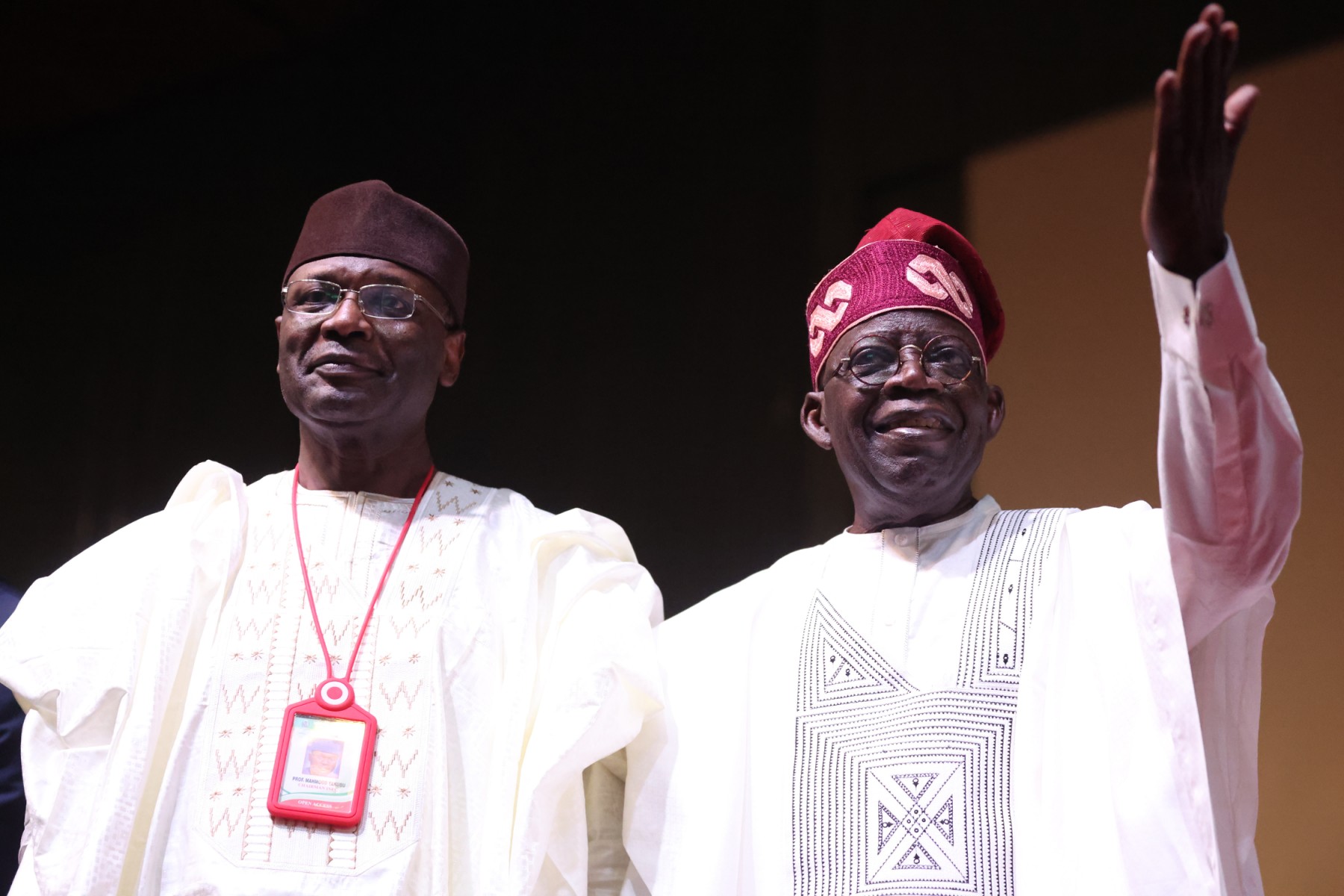Presidential tribunal admits EU’s election report against INEC, Tinubu
The Presidential Election Petition Court has admitted the final report of the European Union Election Observer Mission in Nigeria which faulted the conduct of the February 25 presidential election. A five-member panel of the court presided by Justice Haruna Tsammani admitted the document yesterday after it was tendered by the Peoples Democratic Party (PDP) and […]

The Presidential Election Petition Court has admitted the final report of the European Union Election Observer Mission in Nigeria which faulted the conduct of the February 25 presidential election.
A five-member panel of the court presided by Justice Haruna Tsammani admitted the document yesterday after it was tendered by the Peoples Democratic Party (PDP) and its candidate, Atiku Abubakar.
Lawyers to President Bola Tinubu, Wole Olanipekun (SAN), the All Progressive Congress (APC) Lateef Fagbemi (SAN) and the Independent National Electoral Commission (INEC), Abubakar Mahmoud (SAN) objected to the admissibility of the document.
The EU mission had in its report claimed the presidential election did not show credibility, fairness and transparency in its conduct by INEC with only 31 percent of the results uploaded on IREV.
- Renewed rice smuggling threatens local production
- 6 years after, residents organise prayer for late Dan Masanin Kano
PDP counsel, Chris Uche (SAN) tendered the report through INEC’s witness and Director of Information Technology (IT), Dr. Lawrence Bayode said only during cross examination.
Uche had earlier submitted that Tinubu and APC lawyers ought to have first cross examined the INEC witness since they have a common interest against the PDP petition.
The court agreed with him and ordered them to first cross examine the witness.
In his evidence in chief, Dr. Bayode had admitted that the electoral body has no electronic collation system for election results, hence, the presidential election result was not electronically collated.
Specifically, the INEC witness admitted that the collation of the presidential election results was done manually by the presiding officers of the electoral body.
Under cross examination by Atiku Abubakar’s lead Counsel, Chief Chris Uche (SAN), the witness admitted that not all the presidential election results were uploaded into the INEC’s IREV as of March 1, 2023 when Tinubu was declared and returned as the winner of the February 25 presidential election.
While the witness told the court that there was a technical glitch that affected the uploading of the presidential election results, the witness, however, under cross examination admitted that such glitch was not reported to Amazon Web Services (AWS) by the INEC.
Under cross examination by Chief Wole Olanipekun (SAN), lead counsel to President Tinubu, the witness told the court that form EC8A formed the basis of the election results and that data and network service were required for the upload of the images of the results captured by the Biomodal Voters Accreditation System (BVAS) machine.
He further testified that images captured on BVAS, whether transmitted electronically or manually will not affect the integrity of the election, especially when results entered into form EC8As were announced to the hearing and knowledge of party agents.
Earlier, INEC could not open its defence in the petition filed by the Labour Party (LP) and its presidential candidate, Peter Obi as counsel to the commission, Abubakar Mahmoud (SAN) informed the court the witness, who is among the three intended to be called, was attending to family issues.
Hearing has been fixed for Tuesday
